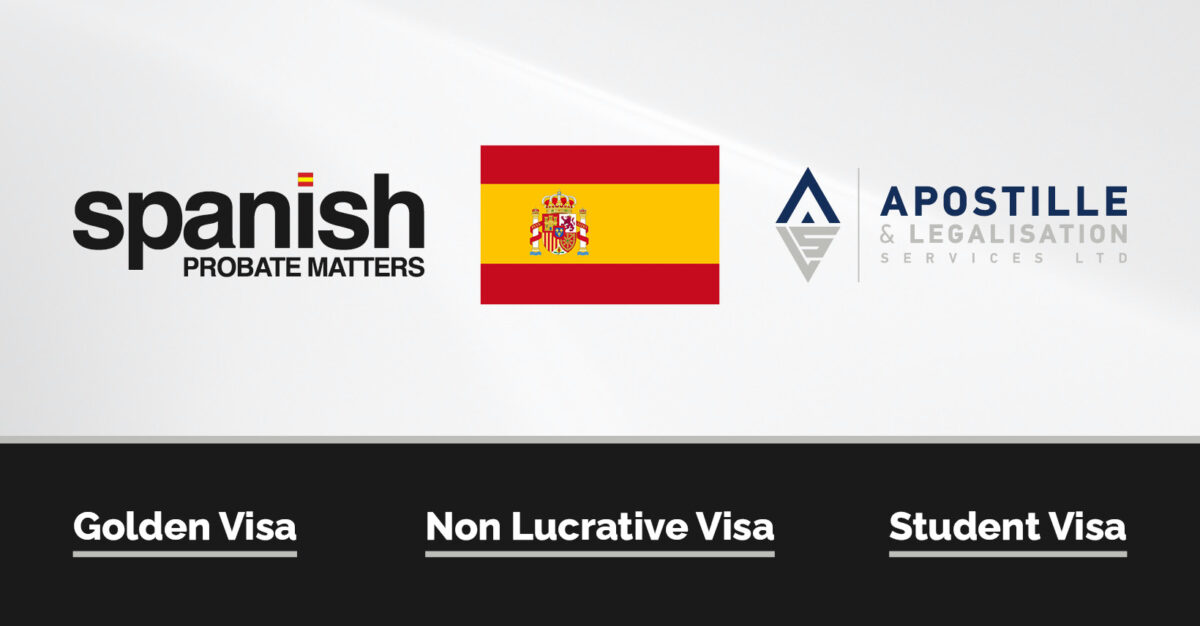
Teaching overseas is an enriching and rewarding experience, offering educators the opportunity to make a global impact and broaden their horizons. However, before embarking on this journey, one crucial step for educators based in the UK is the Legalisation of documents required for teaching abroad. Let’s delve into the intricacies of this process and shed light on the essential aspects surrounding the Legalisation of documents for moving overseas.
- What is Legalising Documents for Teaching Overseas in the UK?
Legalisingdocuments for teaching overseas in the UK involves obtaining the necessary authentication and verification for educational credentials, such as degrees, teaching qualifications, and professional certifications. This process ensures that documents meet the legal and regulatory standards required for recognition in the destination country’s educational system. Whether it’s for teaching in schools, universities, language institutes, or international organizations, Legalisingdocuments is a crucial prerequisite for educators seeking opportunities abroad.
- Why is Document Legalisation Necessary for Teaching Overseas?
Document Legalisation is necessary for teaching overseas to validate the authenticity and legitimacy of educational qualifications and credentials. Many countries require foreign educators to provide legalized documents as part of the visa application process or employment requirements. Legalisation provides assurance to educational institutions, employers, and authorities in the destination country that the documents meet the necessary standards and have undergone proper verification procedures. It helps prevent fraud, misrepresentation, and discrepancies in educational qualifications, ensuring credibility and trustworthiness in the teaching profession.
- 3. What Are the Requirements for Legalising Documents for Moving Overseas?
The requirements for Legalisingdocuments for moving overseas can vary depending on the destination country’s regulations and specific circumstances. However, some common requirements may include:
Original copies of educational certificates, degrees, and transcripts
Proof of identity, such as a passport or national identification card
Completed application forms for document Legalisation
Payment of applicable fees for Legalisation services
Additional documents or information as requested by the relevant authorities
It’s essential for individuals planning to move overseas to carefully review the specific requirements and procedures for document Legalisation in their destination country to ensure a smooth and efficient process.
- What is the Process of Legalising Documents for Moving Overseas?
The process of Legalising documents for moving overseas typically involves several steps, including:
Authentication: The documents are authenticated by the relevant authorities in the issuing country, such as a notary public, educational institution, or government department.
Legalisation: After authentication, the documents are submitted to the designated authorities, such as the Foreign and Commonwealth Office (FCO) or embassy/consulate of the destination country, for further verification and Legalisation.
Attestation: In some cases, documents may require attestation by the embassy or consulate of the destination country to confirm their authenticity and validity for use abroad.
Translation: If the documents are not in the official language of the destination country, they may need to be translated by a certified translator before Legalisation.
Once the documents have been legalized, they are ready for use in the destination country for purposes such as visa applications, employment, education, or other official matters.
- How Long Does the Document Legalisation Process Take?
The duration of the document Legalisation process can vary depending on several factors, including the specific requirements of the destination country, the complexity of the documents, and the efficiency of the Legalisation authorities. In some cases, the process may be completed within a few days or weeks, especially for straightforward documents with all necessary requirements fulfilled. However, for more complex cases or during peak periods, the process may take longer, ranging from several weeks to several months. It’s essential for individuals planning to move overseas to factor in the potential time required for document Legalisation and plan accordingly to avoid any delays in their relocation plans.
- Where Can I Find Reliable Services for Document Legalisation?
Finding reliable services for document Legalisation is crucial for ensuring a smooth and efficient process. Individuals can seek assistance from reputable agencies, legal firms, or consultancy services specializing in document Legalisation and international relocation. Additionally, many government websites provide information and guidance on the document Legalisation process for moving overseas, including the required steps, fees, and contact details of relevant authorities. It’s advisable to research and compare different service providers to choose the one that best meets your needs and budget while ensuring professionalism and reliability.
- What is the Importance of Proper Document Legalisation for Moving Overseas?
Proper document Legalisation for moving overseas is essential for ensuring the recognition and acceptance of educational qualifications and credentials in the destination country. It helps individuals meet the legal and regulatory requirements for employment, education, residency, and other official purposes, thereby facilitating a smooth transition and integration into the new environment. Without proper Legalisation, documents may be deemed invalid or unrecognized by authorities in the destination country, leading to delays, rejections, or legal complications. By obtaining legalized documents, individuals can enhance their credibility, expand their opportunities, and embark on a successful journey of teaching and living overseas.